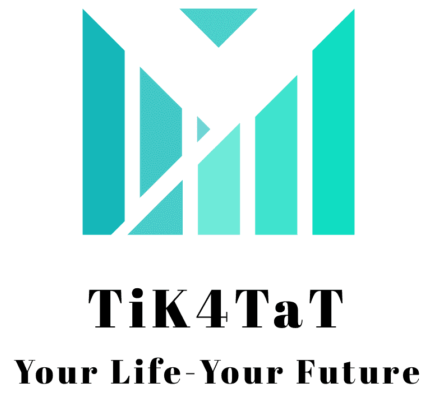The State of Democracy in 2025: A Mixed Bag with Troubling Trends

The State of Democracy in 2025: A Mixed Bag with Troubling Trends
Democracy, a system of government where citizens hold the power to choose their leaders and shape their society, is facing a complex and challenging landscape in 2024. While some regions have witnessed progress and resilience, others are experiencing setbacks and alarming trends.
The Good News:
Despite the challenges, democracy remains a cherished ideal for many around the world. There are several positive developments:
* Continued Civil Society Engagement: In many countries, citizens are actively participating in civic life, demanding accountability from their leaders, and advocating for social and political reforms. This vibrant civil society is a crucial pillar of a healthy democracy.
* Resilience in the Face of Adversity: Some democracies have shown resilience in the face of internal and external pressures. They have managed to uphold democratic institutions and processes, even amidst political turmoil or economic hardship.
* Grassroots Movements for Change: Across the globe, grassroots movements are emerging, driven by citizens who are passionate about issues like climate change, social justice, and political reform. These movements can play a vital role in revitalizing democracy and holding power to account.
The Challenges:
Despite these positive signs, democracy is facing a range of serious challenges:
* Rise of Authoritarianism: In several countries, authoritarian leaders are consolidating power, undermining democratic institutions, and suppressing dissent. This trend is particularly worrying as it threatens the very foundations of democracy.
* Erosion of Democratic Norms: Even in established democracies, there is a worrying trend of eroding democratic norms and values. This includes declining trust in institutions, increasing political polarization, and the spread of disinformation.
* Disinformation and Manipulation: The spread of disinformation and propaganda, often amplified by social media, is a major threat to democracy. It can manipulate public opinion, sow discord, and undermine trust in credible sources of information.
* Inequality and Social Division: High levels of inequality and social division can weaken democracy by creating a sense of disenfranchisement and fueling political extremism.
* External Interference: Foreign interference in elections and democratic processes is a growing concern. This can take many forms, including cyberattacks, disinformation campaigns, and financial support for favored candidates or parties.
Key Trends to Watch:
* The Role of Technology: Technology can be both a boon and a bane for democracy. While it can facilitate citizen engagement and access to information, it can also be used to spread disinformation, manipulate public opinion, and suppress dissent.
* The Future of Elections: Free and fair elections are the cornerstone of democracy. However, in many countries, elections are being challenged by voter suppression, gerrymandering, and foreign interference.
* The Fight for Human Rights: The protection of human rights is essential for a healthy democracy. However, in many parts of the world, human rights are under attack, with journalists, activists, and marginalized groups facing persecution and violence.
What Can Be Done?
Addressing the challenges facing democracy requires a multi-faceted approach:
* Strengthening Democratic Institutions: This includes ensuring the independence of the judiciary, protecting freedom of the press, and promoting transparency and accountability in government.
* Promoting Civic Education: Educating citizens about their rights and responsibilities is crucial for fostering informed and engaged participation in democracy.
* Combating Disinformation: This requires efforts to improve media literacy, fact-checking initiatives, and regulations to address the spread of harmful content online.
* Addressing Inequality: Reducing inequality and promoting social inclusion can help to strengthen democracy by creating a more just and equitable society.
* International Cooperation: Democracies must work together to support each other and promote democratic values around the world.
The future of our society rests in the hands of Gen Z and Millennials, who should be deeply concerned about the current state of affairs. As the next generation of leaders, they will be responsible for carrying the torch and shaping the world for years to come. However, it appears that the older generation is reluctant to relinquish power and control, often prioritizing their own interests and financial gain over the needs and well-being of the younger generation. This resistance to change and unwillingness to share power and resources threatens to hinder the progress and potential of Gen Z and Millennials.”
Conclusion:
The state of democracy in 2024 is a mixed bag. While there are some positive signs, the challenges are significant and growing. It is crucial for citizens, governments, and civil society organizations to work together to strengthen democratic institutions, protect fundamental rights, and promote a more just and equitable world. The future of democracy depends on it.
Your Life-Your Future





